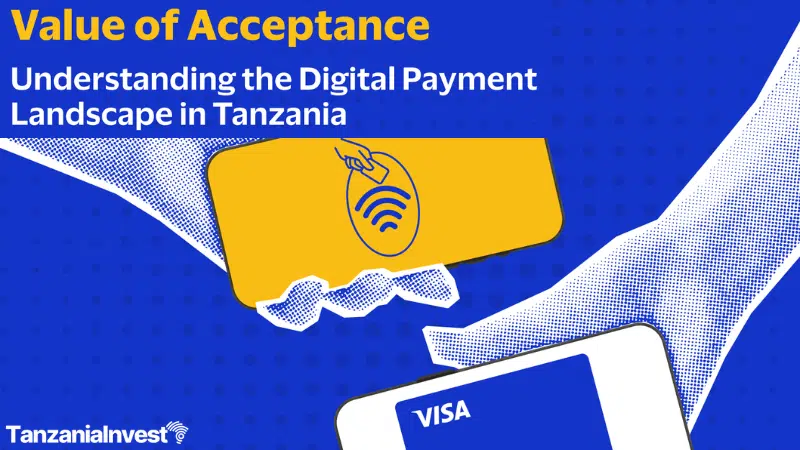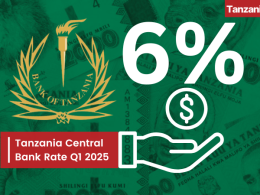A recent report by Visa, titled Value of Acceptance: Understanding the Digital Payment Landscape in Tanzania, reveals a significant shift among Tanzanian Small and Medium Enterprises (SMEs) towards digital payment adoption, driven by the perceived benefits of increased revenue, customer convenience, and reduced fraud risks.
The study finds that 84% of Tanzanian SMEs have integrated digital payments within the last two years, recognizing them as a strategic investment for growth.
Among these, 64% view card payments as crucial for future expansion, especially in the e-commerce sector.
However, over 30% of cash-only SMEs report losing sales due to customers not carrying enough cash, highlighting the importance of wider digital payment acceptance.
Despite the growing adoption of digital payments, 76% of customers still prefer cash for in-store purchases. Additionally, 40% of cash-only SMEs lack the necessary infrastructure to enable digital payments.
Nearly all respondents, 93%, expressed concerns over cash handling, with 77% worried about robbery, 62% about employee theft, and 42% about errors in giving change.
The report highlights that transitioning from cash to digital payments could generate annual GDP gains of 1% to 2%.
Increased digital transaction activity can also significantly contribute to financial inclusion by providing access to essential financial services and fostering greater economic empowerment.
The study also finds that digital payments reduce risks associated with fraud and cash handling, increase customer convenience, improve customer satisfaction, and enable SMEs to maintain detailed transaction records that facilitate access to financial services and financing opportunities.
To address the challenges of digital payment adoption, the Visa report recommends improving infrastructure through government initiatives, introducing incentives to encourage consumer adoption, subsidizing POS acquisition costs for SMEs, enhancing security and convenience in digital payment solutions, and implementing financial literacy programs to mitigate perception barriers and promote confidence in digital transactions.










